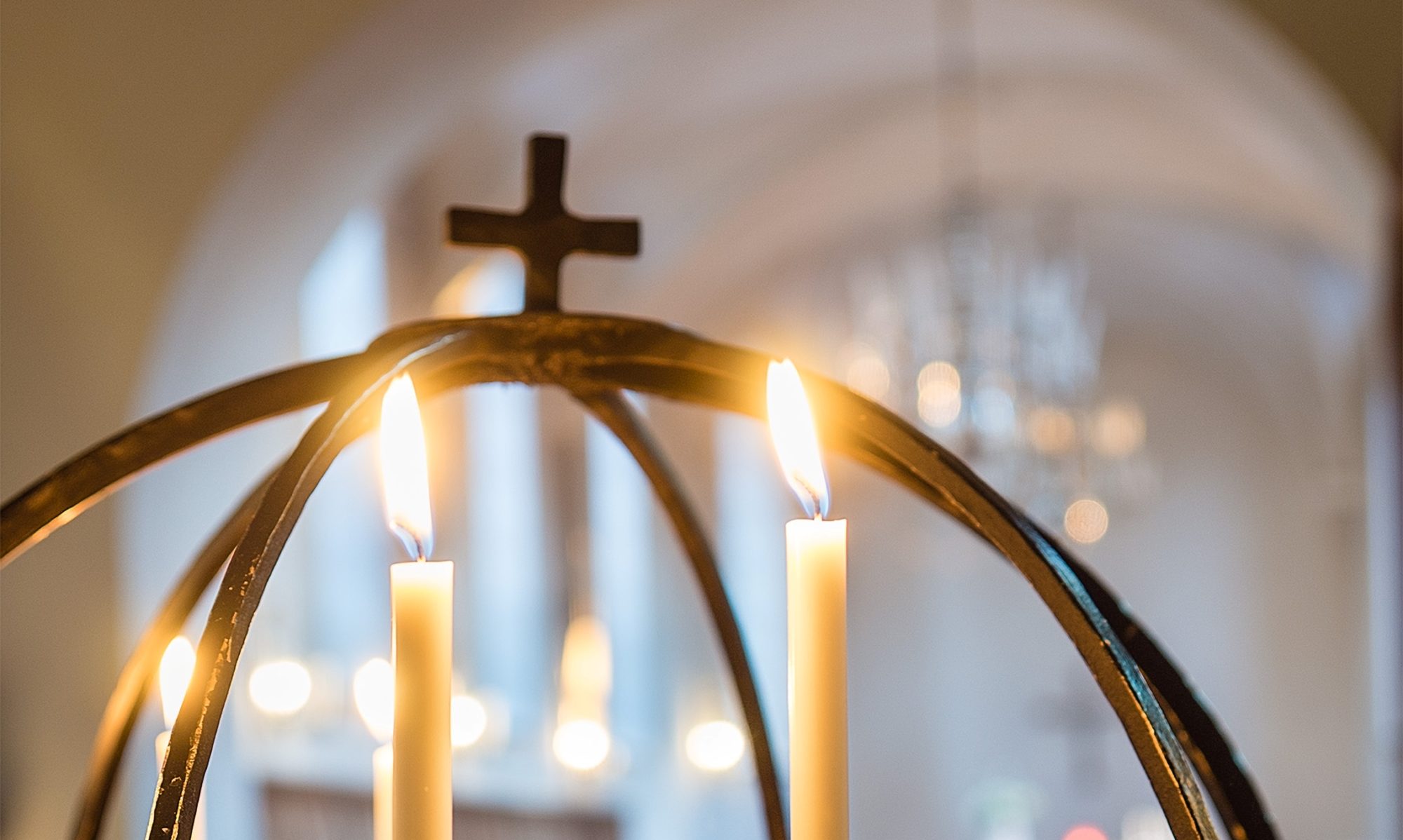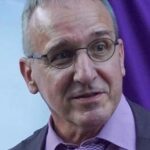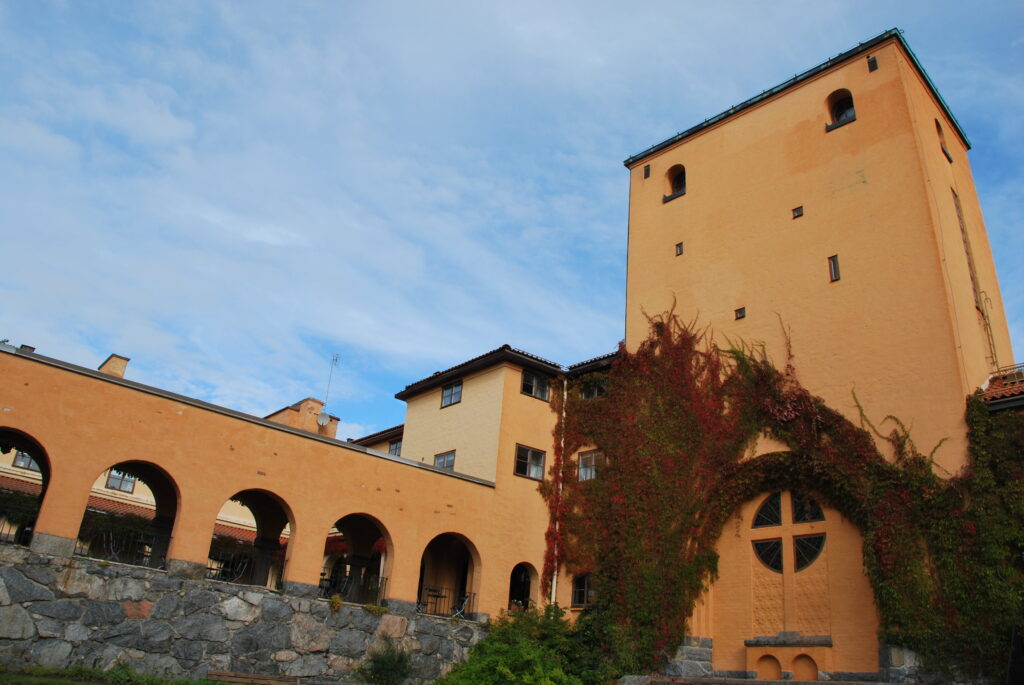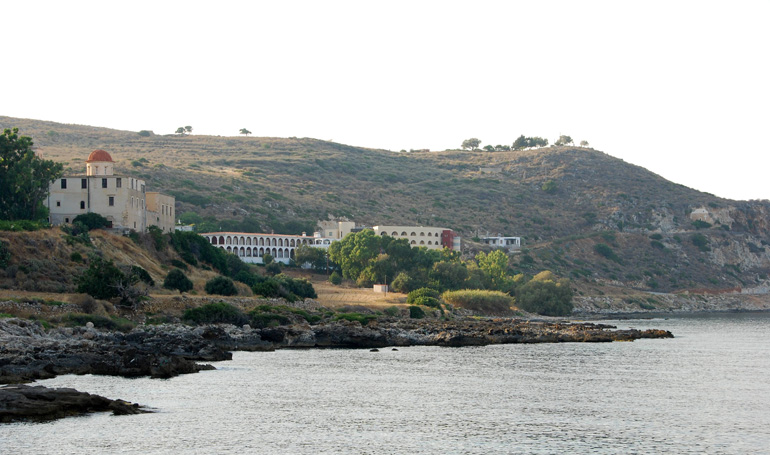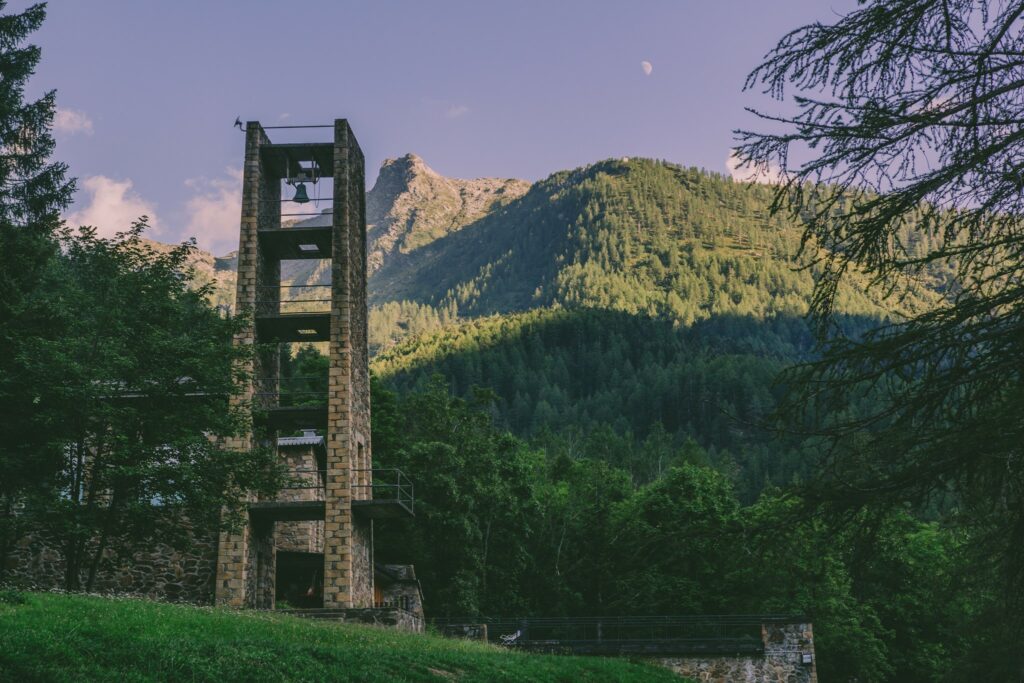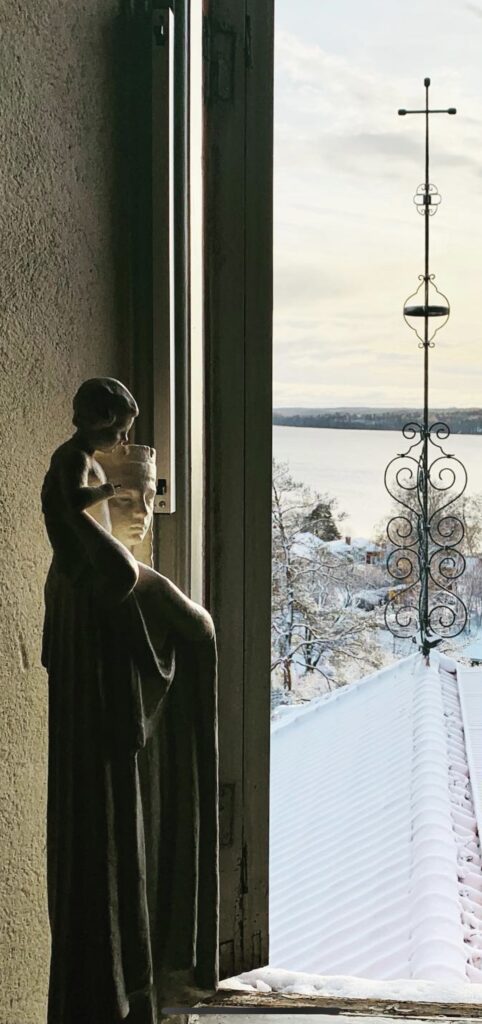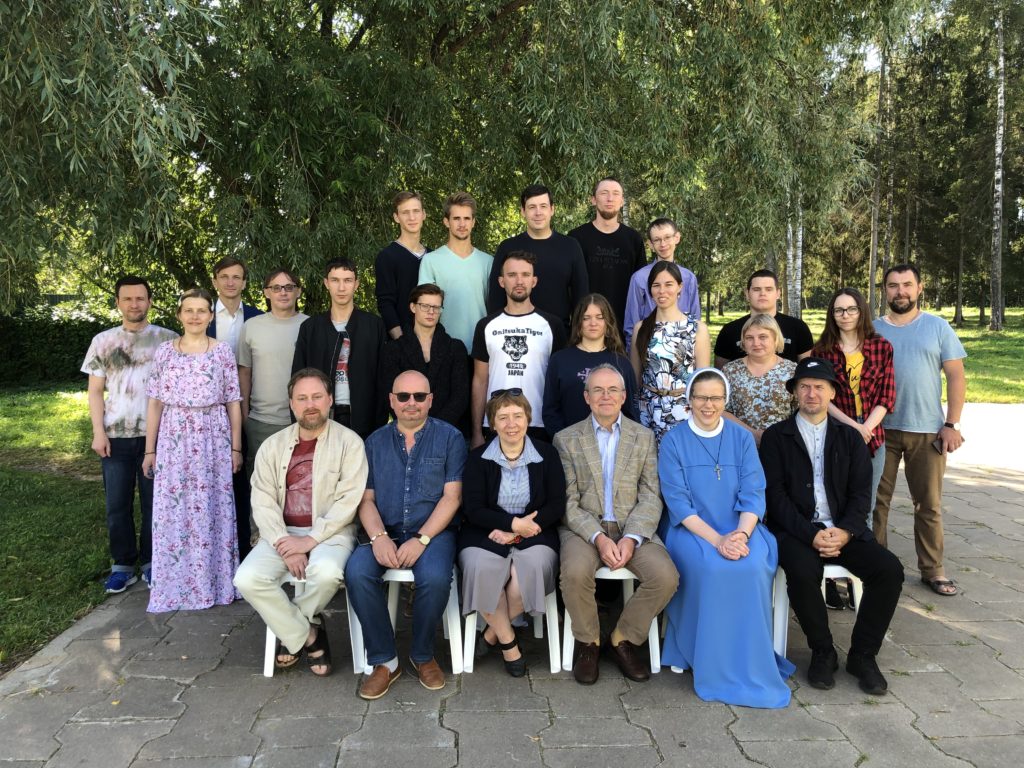The EU Conference on the Future of Europe
By Rüdiger Noll, Executive Secretary Oikosnet Europe
On 10 March, the European Parliament, the European Commission and the Council of Europe signed a Joint Declaration on the parameters for the Conference on the Future of Europe (CoFoE), which is to be launched on Europe Day in Strasbourg (9 May).
What sounds like yet another conference, is indeed a one year process, in which the citizens and the people of Europe are to have their say on issues such as health, climate change, an economy for the people, social fairness, intergenerational solidarity, digitalization, European rights and values, migration, security, the EU in the world, strengthening democracy. These are just the topics selected by the European Institutions, on which they want the opinion of the people and of civil society. Other topics can be added.
“Today marks a new start for the European Union and for all European citizens”, the President of the European Union, David Sassoli, said, when the Joint Declaration was signed. “The Conference on the Future of Europe will be unique opportunity for all European citizens and our civil society to shape Europe’s future, a common project for a functioning European democracy.” Now, whether the CoFoE will be indeed such a participatory process and such a genuine voice of the people, and whether it will finally impact European policy, remains to be seen. It depends on how people can be activated and motivated to participate and on which methodologies are used. In any case, until spring 2022 many countries and regions will see a multitude of events, which are to contribute from a people’s perspective as to how the European Union is to be shaped in the future. What are the priority issues and how are they to be addressed?
Oikosnet Europe has a long-standing commitment to observe Europe as its framework for reflection and action and to contribute to a vivid civil society and making the people’s voice heard in church and society. Just recently, Oikosnet Europe selected three priority issues for the near future: the “Green Deal”, digitalisation and education. The EU Conference on the Future of Europe is certainly one vehicle of making our voice heard to network with other civil society organisations. Therefore, Oikosnet Europe and its members should participate very actively in the process.
It will be the task of the Oikosnet Board and its General Assembly to inform its members on the different stages of the development and to pave the way for an easy access for Oikosnet members. There are many possibilities for members to get involved, e.g. to participate in national, regional and local events, to organize own events, to put resources together in order organize transnational events, to offer truly participatory methodologies …
The Oikosnet Board will have the CoFoE on the agenda of its next meeting in June. It will inform members and friends afterwards about the next steps. In the meantime, we would appreciate any information on national and regional events and about the involvement of Oikosnet members in the process. Please send your information to the Oikosnet Executive Secretary: rudiger@rudigernoll.eu.
Further information about the CoFoE you will find on the respective EU websites. The Conference of European Churches, of which Oikosnet Europe is an organization in partnership, has also launched its own process. As start, it has issued a fact sheet, which can be found here.
